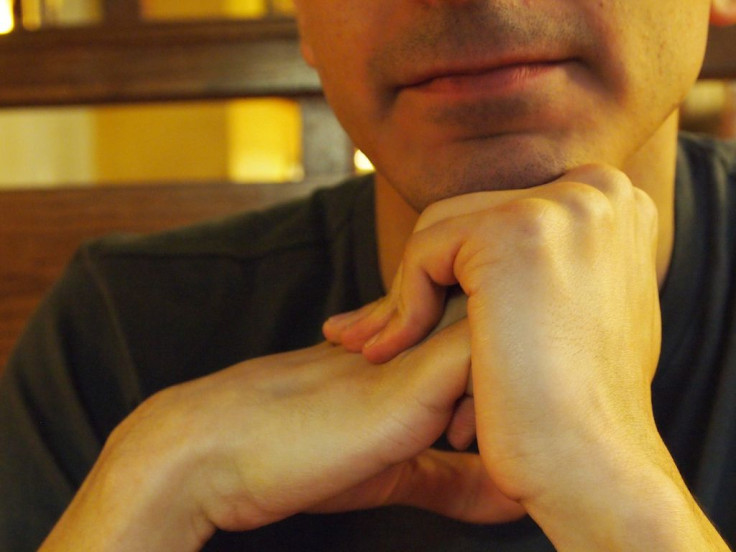Crack On: MRI Solves Mystery Of Why Our Knuckles Crack, But No One Can Figure Out If It's Bad For You

We may have finally solved the mystery of why knuckles “crack.” A recent study presented this week at the annual meeting of the Radiological Society of North America has backed previous research and confirmed that the knuckle crack is caused by a pressure change. Now, whether this pressure change is bad or good for us is still up for debate.
Although there have been many theories on the mechanisms behind the audible sound heard when cracking your knuckles, ranging from the formation of fluid bubbles to the collapse of said bubbles, these theories remained unproven. In an April study, researchers from the University of Alberta in Edmonton used an MRI to see what was going on in the cracking knuckle joints. The scan revealed that the crack occurred when the joints momentarily separated and was caused by the collapse of air bubbles that form in the synovial fluid, which lubricates our joints.
Recently, researchers from the University of California, Davis attempted to confirm this finding using ultrasound machines instead of MRIs to record cracking behavior. According to the press release, ultrasounds are up to 100 times faster than MRIs, making them therefore capable of giving a better picture of what’s going on inside of our bodies.
For the study, a sonographer recorded the knuckle cracking behavior of 40 men and women, 30 of whom had reported a history of habitual knuckle cracking. Two radiologists then interpreted the ultrasound images in order to best find evidence for the source of the audible cracks.
"What we saw was a bright flash on ultrasound, like a firework exploding in the joint," said Dr. Robert D. Boutin, professor of radiology at University of California, Davis (UC Davis) Health System and a researcher involved in the study in a recent statement."It was quite an unexpected finding."
The flashes correlated with audible cracks at least 94 percent of the time, backing the previous claim that the cracking sound is in fact caused by pressure changes associated with a gas bubble at the joint.
According to Boutin, there seems to be no immediate disability in knuckle cracking, although he did note that further research is needed to asses the long-term hazards of this habits. Dr. Pedro Beredjiklian, chief of hand and wrist surgery at Philadelphia’s Rothman Institute told Time that habitual knuckle cracking can loosen your ligaments and therefore make it easier for your joints to crack, but even he was skeptical to call the habit unhealthy.
One popular belief held that habitual knuckle cracking increases one's risk for developing arthritis, but later research confirmed this to be a myth. A 1975 study on 28 residents of a LA nursing home concluded that, “The chief morbid consequence of knuckle cracking would appear to be its annoying effect on the observer.” Again in 2011, a study on the same subject reached a similar conclusion, finding among 215 respondents, there was no difference in arthritis among those who cracked their knuckles on a regular basis and those who abstained from the habit.
Source: Boutin RD, Netto A, Nakamura D, Bateni C, et al. Ultrasound Reveals Knuckle-Cracking Fireworks. Radiological Society of North America. 2015.



























